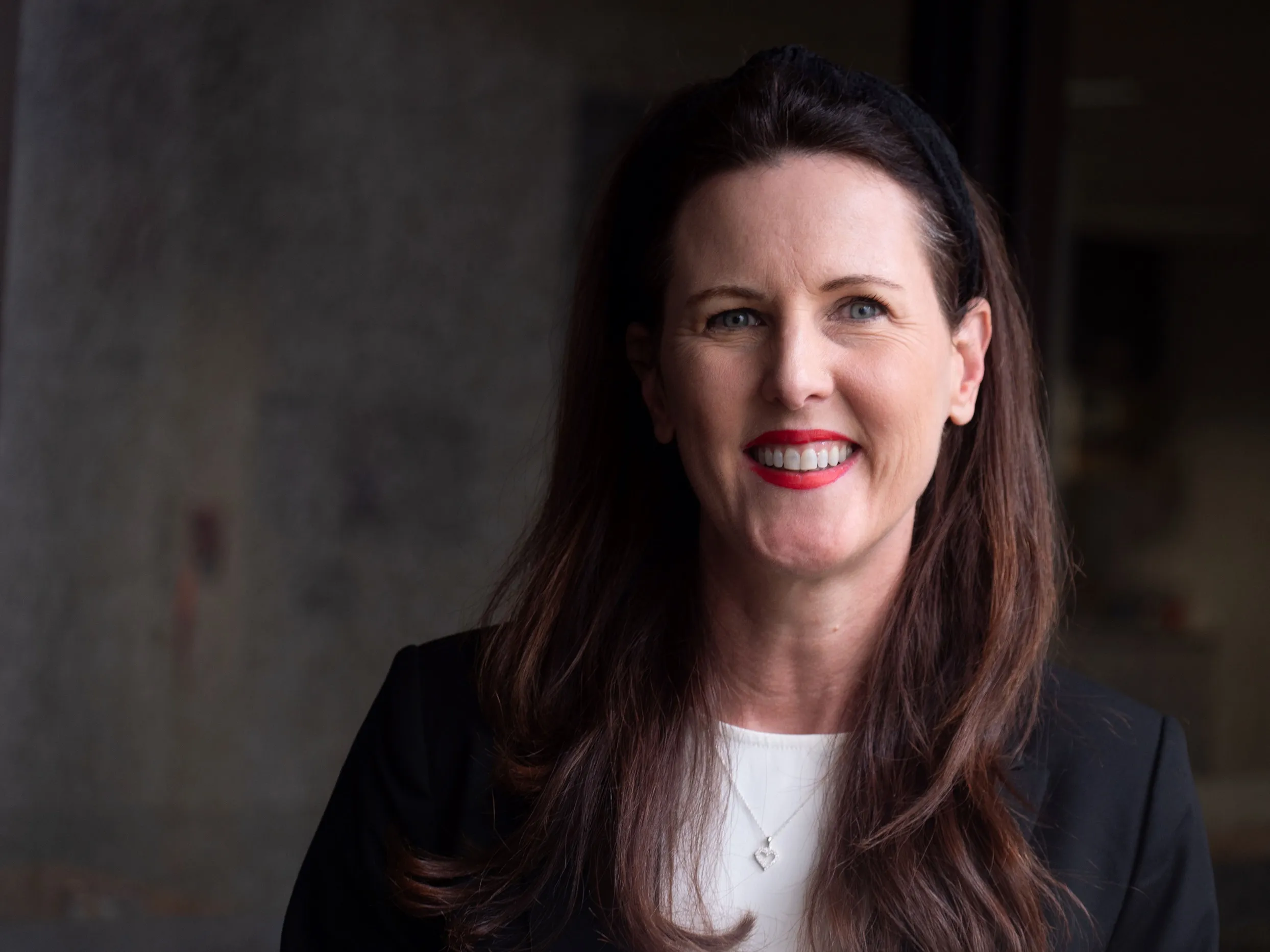Work has begun on one of Australia’s largest infrastructure projects: two nine-kilometre underground rail tunnels that will transform Melbourne’s public transport system. The Victoria government has fast-tracked US$31 million to establish the Melbourne Metro Rail Authority and start work on the project as soon as possible. The project also includes five new underground stations.
The Authority will oversee immediate planning works, complete development of the reference design and undertake detailed site investigations.
Melbourne Metro Rail, which links the Sunbury and Cranbourne/Pakenham rail lines, is the foundation for the city’s public transport system. The project will significantly increase the capacity of the whole system, so more trains can run more often and pave the way for the construction and extension of train lines in growth areas.
Project consultation and a business case update will commence immediately. An Expression of Interest will be released in 2016 with major construction expected to commence in 2018.
Announcing the funding, Premier of Victoria, Daniel Andrews, said “This is the project that solves it all – more services, fewer delays and better public transport. It’s the relief valve that ends the traffic jam in the City Loop so more trains can run on every line.”
Minister for Public Transport, Jacinta Allan, commented “If we don’t build Melbourne Metro Rail now, our public transport system will grind to a halt. We’re getting straight to work, creating thousands of jobs and building the projects that our state needs.”
Melbourne metro funding fast-tracked
Work has begun on one of Australia’s largest infrastructure projects: two nine-kilometre underground rail tunnels that will transform Melbourne’s public transport system. The Victoria government has fast-tracked US$31 million to establish the Melbourne Metro Rail Authority and start work on the project as soon as possible. The project also includes five new underground stations. The Authority will oversee immediate planning works, complete development of the reference design and undertake detailed site inve
February 16, 2015
Read time: 2 mins










